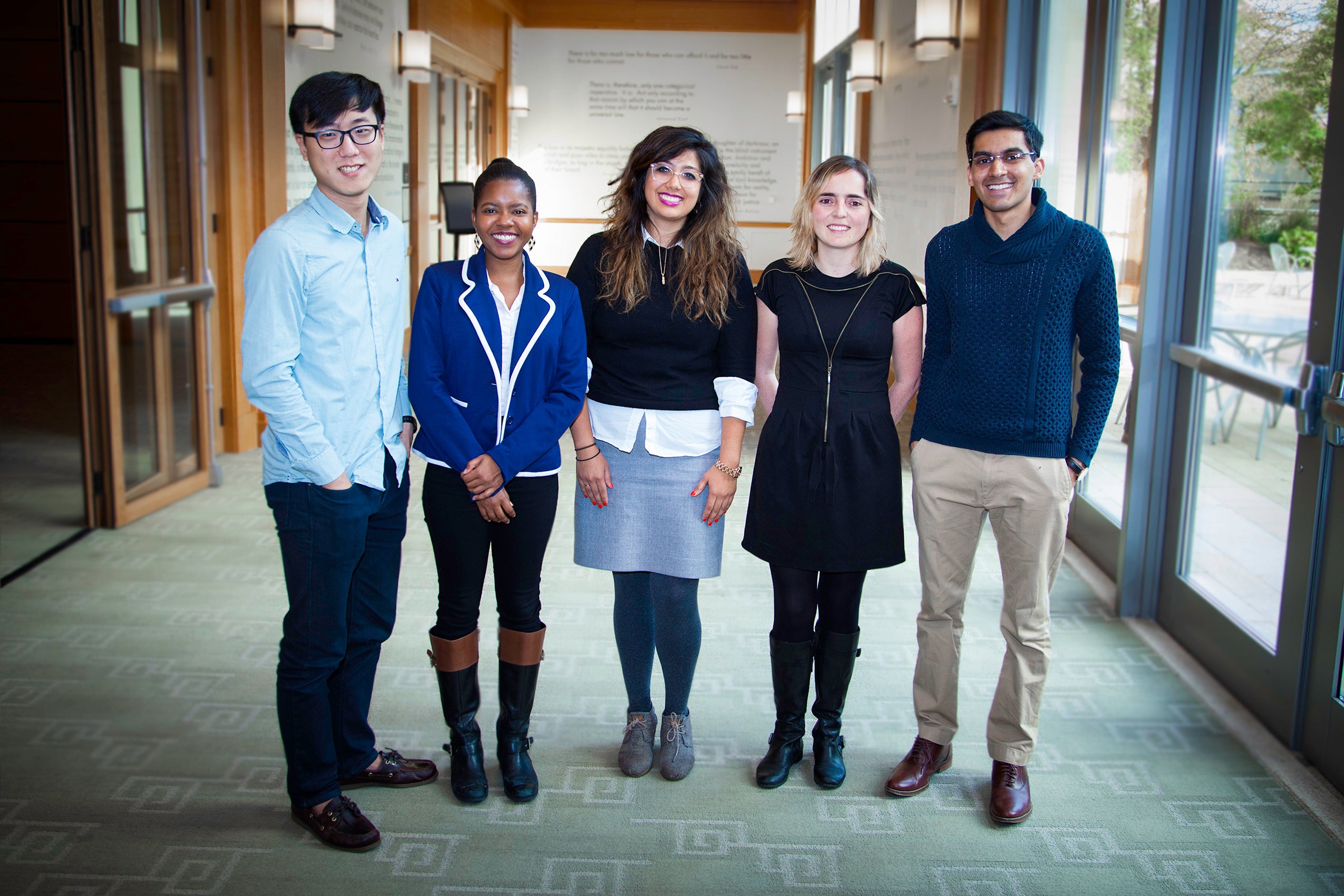In the summer of 2016, 87 Harvard Law School students worked in 30 countries on a diverse array of projects; 19 of those students traveled to 13 countries through the Chayes International Public Service Fellowship Program. Chayes Fellows spend eight weeks working within the governments of developing nations, or with the inter-governmental and non-governmental organizations that support them. Their projects take many forms (see a related gallery), this year addressing topics ranging from violence against children in Thailand to transitional justice processes in Colombia to freedom of expression in Poland. The profiles below highlight the experiences of five of the 2016 Chayes Fellows.
Malik Ladhani ’18
United Nations High Commissioner for Refugees, Amman, Jordan
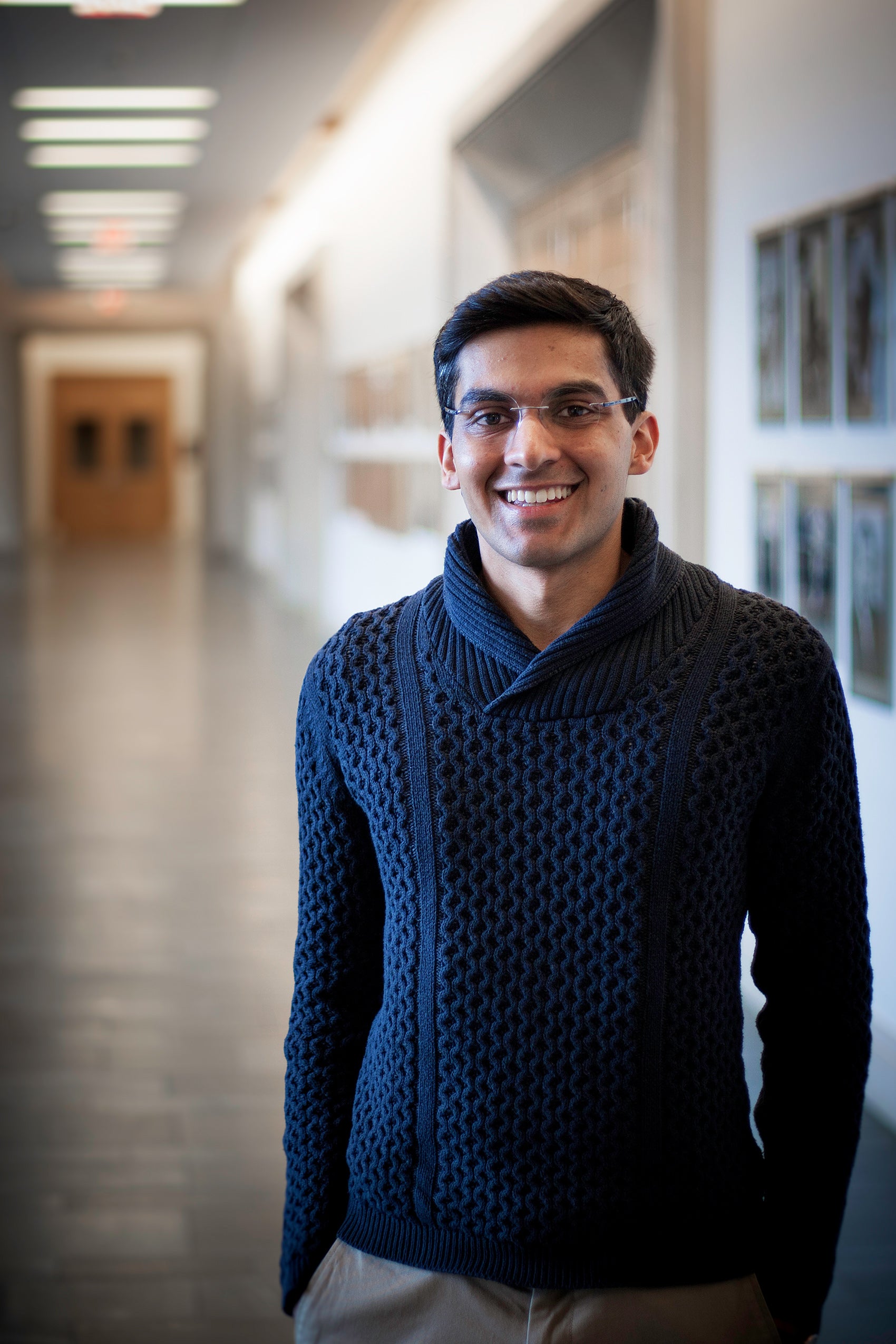
Malik Ladhani has several drivers in his ambition to advocate for the rights of refugees and asylum seekers. “My parents fled Uganda as refugees in 1972. My father stayed at a camp in Malta for half a year prior to being resettled in Canada, and so refugee protection was an interest of mine growing up,” said Ladhani. That interest inspired him to volunteer with a small community of Afghan refugees while working in Kyrgyzstan the year before law school. “A colleague and I were advising high school students about their next steps, but when we were asked to help out with an issue that they were having with their refugee status at UNHCR, I didn’t know what any of it meant.” Ladhani decided that were he to be in that situation again, he wanted to know how to help. When it came time to consider his 1L summer, he knew he wanted to work for the United Nations High Commissioner for Refugees (UNHCR).
Ladhani spent his summer with the Refugee Status Determination unit with UNHCR in Jordan. For the first half of his internship, he worked with the Iraq sub-team. With files from case workers, he drafted reassessments for Iraqi asylum-seekers, reviewing their interview transcripts and documents to determine the validity of their claims and whether UNHCR should recognize them as refugees under international conventions.
Following his work with the Iraq sub-team, Ladhani then worked with the UNHCR operations coordinator, who oversees the humanitarian and governmental responses to the crisis at the Jordan-Syria border, where there are approximately 100,000 Syrians seeking asylum in Jordan. To help strategize on possible solutions, he attended meetings with representatives from UN agencies and NGOs that were operational at the border, and examined policy documents from the heads of these agencies.
Says Ladhani, “I really enjoyed getting two very different understandings of what it could potentially be like to work in this field. One from the individual case-level, working directly with families and diving deep into their stories, and then at the other side of this very severe conflict, thinking about it from a very high-level perspective–there are 100,000 people stuck at this border, how do we solve it and what does solving it mean? So seeing those tensions, that diplomacy in action, was really incredible.”
Valentina Montoya Robledo, S.J.D. candidate
Women’s Legal Centre, Cape Town, South Africa
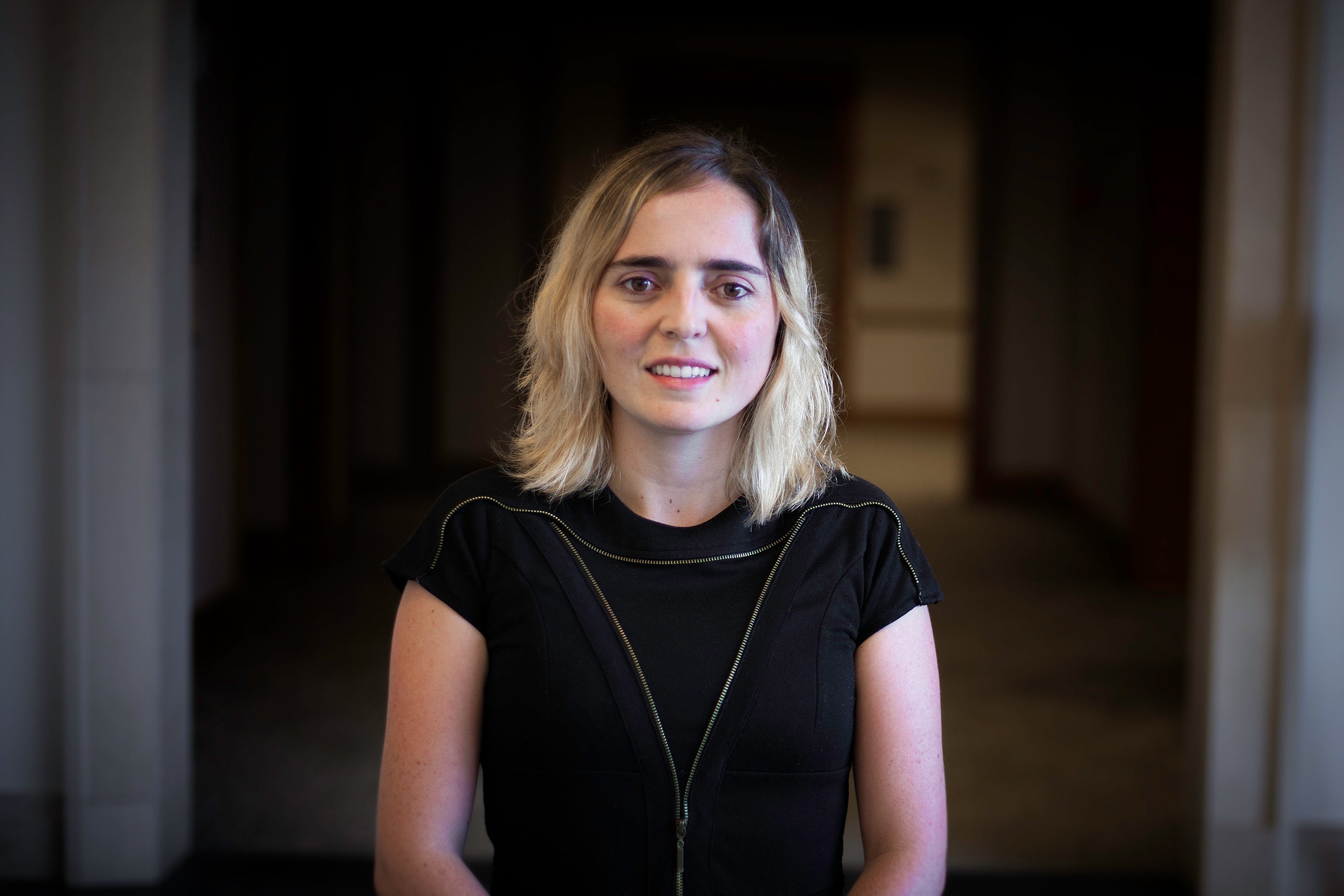
Valentina Montoya Robledo has worked on women’s rights from the perspective of an academic and activist for nearly eight years. As a law student at the Universidad de los Andes in her native Colombia, Montoya Robledo coordinated the law and gender research group, for which she researched sex work, trafficking, and harassment, and strategized on ways to reduce teenage pregnancies. As an LL.M. student at Harvard Law, she took classes on gender issues, human rights law, and local government law, and upon graduating was awarded a Kaufman Fellowship to work at the Center for Reproductive Rights on case implementation in Latin America. Her S.J.D. dissertation focuses on the rights of domestic workers in Latin America.
This summer, she sought further experience in litigation and hands-on work with vulnerable women. The Women’s Legal Centre (WLC) in South Africa had teams working on all of the issues she was interested in, and previous Chayes Fellows spoke in glowing terms of their experiences as interns with the WLC. Location was a secondary consideration, but Montoya Robledo said it actually was extremely relevant. “South Africa ended up being so similar to Colombia in terms of the kinds of struggles we face, the socio-economic and gender inequality. As in Colombia, so many people are thinking about transitional justice. So it was a very good time for me to go there now that we are really thinking about the peace process in Colombia.”
It was while she was doing outreach with an allied organization that Montoya Robledo picked up on the issue of police harassment of sex workers. Listening to the workers discuss issues such as health and safety, she noticed that the name of one police officer kept popping up. Further conversations revealed that this officer and others in his unit were abusing their authority–harassing, arresting, and raping sex workers in their homes and at work. Teaming up with a British lawyer who was also working at the WLC for the summer, she developed a case, collecting testimonies from victims and witnesses and co-drafting a case brief to ensure effective litigation and advocacy strategies for the population.
Heartbroken over Colombia’s vote to not accept the peace proposition but hopeful that war will soon come to an end, Montoya Robledo says she is determined to return to her country a stronger, more successful activist and scholar. After finishing her dissertation, she aims to teach at the Universidad de los Andes. “I want to teach clinical students how to effectively litigate and advocate with and for grassroots organizations. My time at the Women’s Legal Centre gave me hands-on experience that has enhanced my advocacy and litigation skills.”
Joshua Lee ’18
Interamerican Association for Environmental Defense, San Jose, Costa Rica
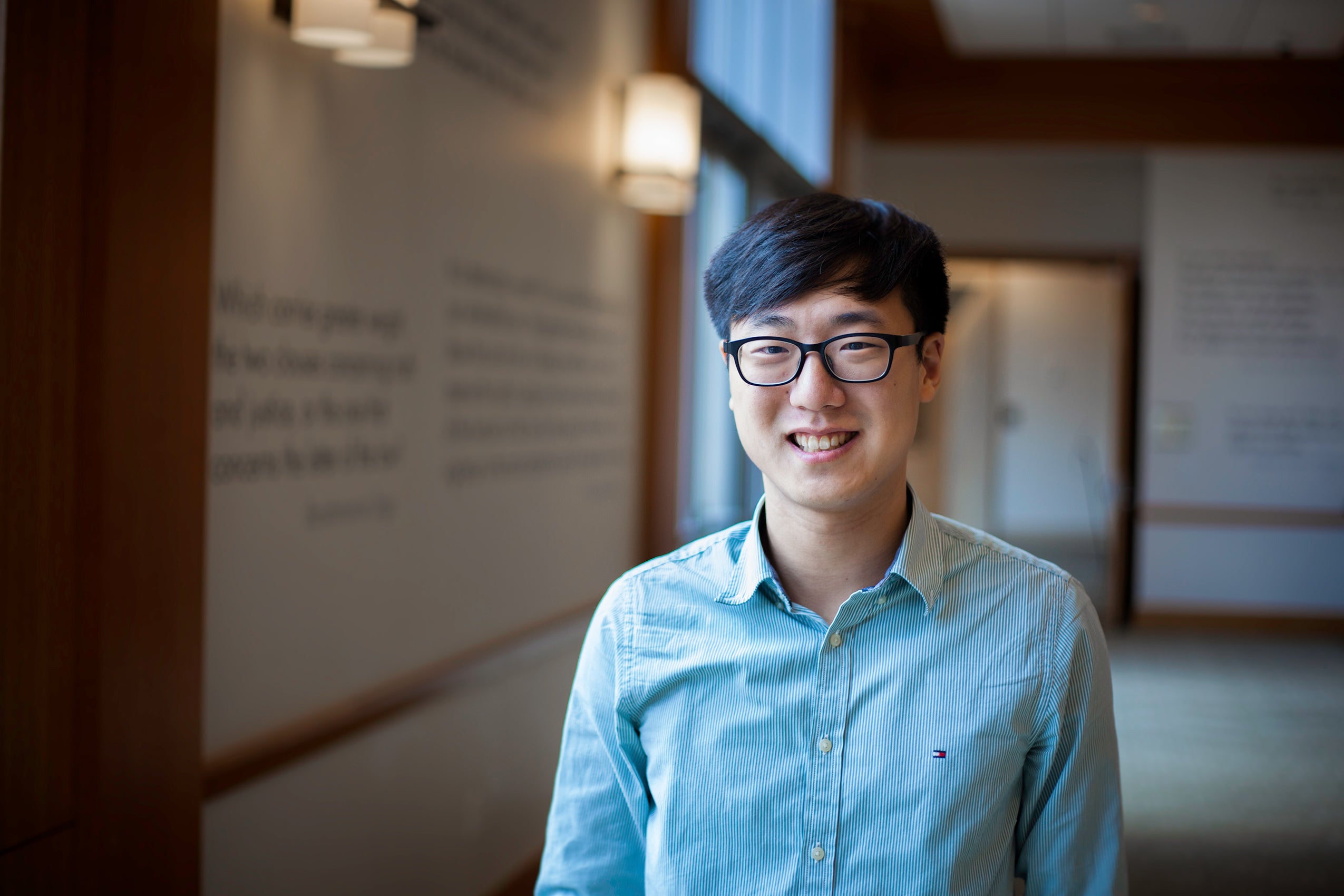
A passion for climate change and environmental justice is what originally drove Joshua Lee to law school. With an undergraduate degree in environmental studies and Spanish literature, he saw a law degree as a way to reinforce his academic and professional commitment to promoting future environmental policies and agendas.
Lee’s internship placement with the Interamerican Association for Environmental Defense (AIDA) was an opportunity for him to fully engage in the global context of environmental law. “Addressing environmental law cannot be localized–with all of the spillover effects, it’s always a global context” explains Lee. With that in mind, AIDA, a non-profit organization that works on Latin American environmental issues, was a natural fit. He was placed at the Costa Rica office, which focuses on marine protection law.
Lee, who speaks Spanish, dove right in to conducting research and writing a memo on the salmon aquaculture in Chile, writing summary reports on coral protection efforts in Latin America, and a brief on Costa Rica tuna regulation. As well, he assisted in AIDA’s preparations for the next Convention on Biological Diversity, and wrote a white paper on high seas regulations–oceans beyond a country’s jurisdiction, often subject to overfishing and pollution–for the Latin American representatives on the United Nations General Assembly committee tasked with developing a new international treaty on the sustainable use of these areas.
Says Lee, “My experience broadened my perspective on the effectiveness of international law. Latin American countries are eager and excited to work in these public international law spheres and to adopt their domestic policies in accordance with international law, because they want to be on the forefront of these issues–especially in an environmental context. That was great to see.”
Stephanie Charles ’18
Office of the U.S. Trade Representative, Washington, D.C.
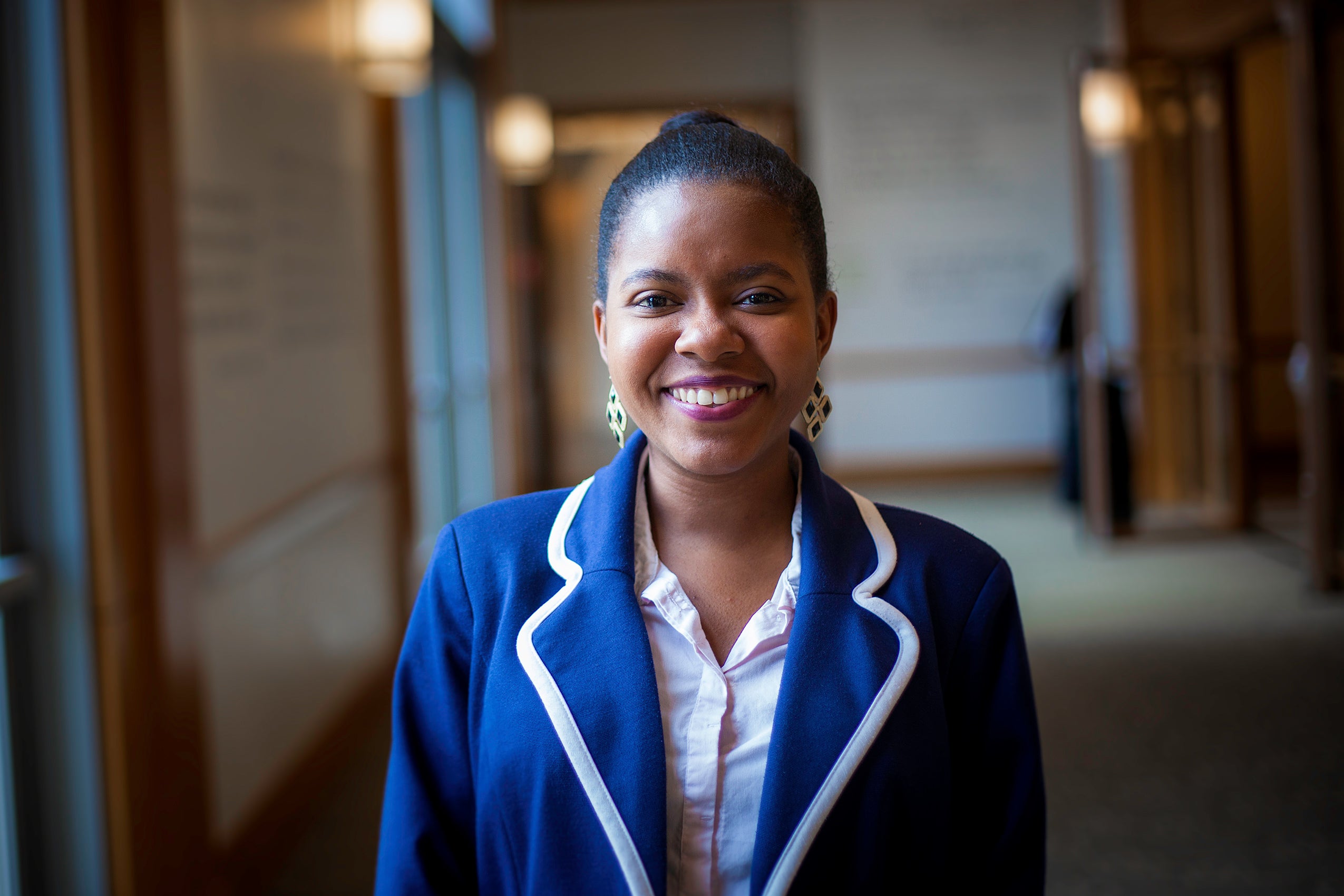
Stephanie Charles became deeply interested in issues at the intersection of law and socio-economic development as an undergraduate at Harvard College. Growing up in Haiti, she first became passionate about understanding how international law affected Haitians at fundamental levels such as health care. In college, she undertook a research project on the history of HIV/AIDS treatment and antiretroviral drug manufacturing in Brazil, and its junctions with health rights, developmental goals, and intellectual property protection. She then spent a post-graduate year in Brazil, which deepened her regional interest in Latin America and the Caribbean, and in the myriad ways in which international law governs the intersection of law, trade, and development.
To engage in international law as a 1L, Charles joined Advocates for Human Rights in the fall and enrolled in Professor Mark Wu’s Law and the International Economy class in the spring. “That was my introduction to trade law, and I realized that that was the area I needed to know more about,” says Charles. Wu introduced her to Lecturer on Law Katrin Kuhlmann, who had worked at the Office of the U.S. Trade Representative (USTR), the executive agency that develops and coordinates U.S. trade policy, conducts bilateral and multilateral trade negotiations, and represents the U.S. in trade disputes. Charles homed in on the USTR as an ideal internship placement, and became one of the very few Chayes Fellows to undertake internationally-based work within the U.S.
At the USTR, Charles had a hand in both litigation and policy, gaining experience in both legal practice and research in the arena of trade and development. On the litigation side, she assisted Office of General Counsel attorneys on ongoing World Trade Organization cases, researching trade law and agreements, as well as the negotiation history of various agreements and provisions to better understand their meaning and relevance to the issues under dispute. On the policy side, she researched the governing of the import of certain goods, gaining insight into the possible scope of treatment of these goods as part of negotiations of an international trade agreement. She also examined preferential trade programs, such as the Caribbean Base Trade Partnership Act, to clarify eligibility criteria for qualification under those programs.
This year, Charles is participating in the Harvard Legal Aid Bureau, and is enrolled in Kuhlmann’s Trade, Development, and Entrepreneurship reading group. Charles notes, “Because of my work at USTR, I now understand words and concepts that I didn’t before. To realize that my knowledge base has really changed and allows me to engage with this material in a way I couldn’t have before is terrific.”
Edith Sangüeza ’18
Instituto para las Mujeres en la Migración, Mexico City, Mexico
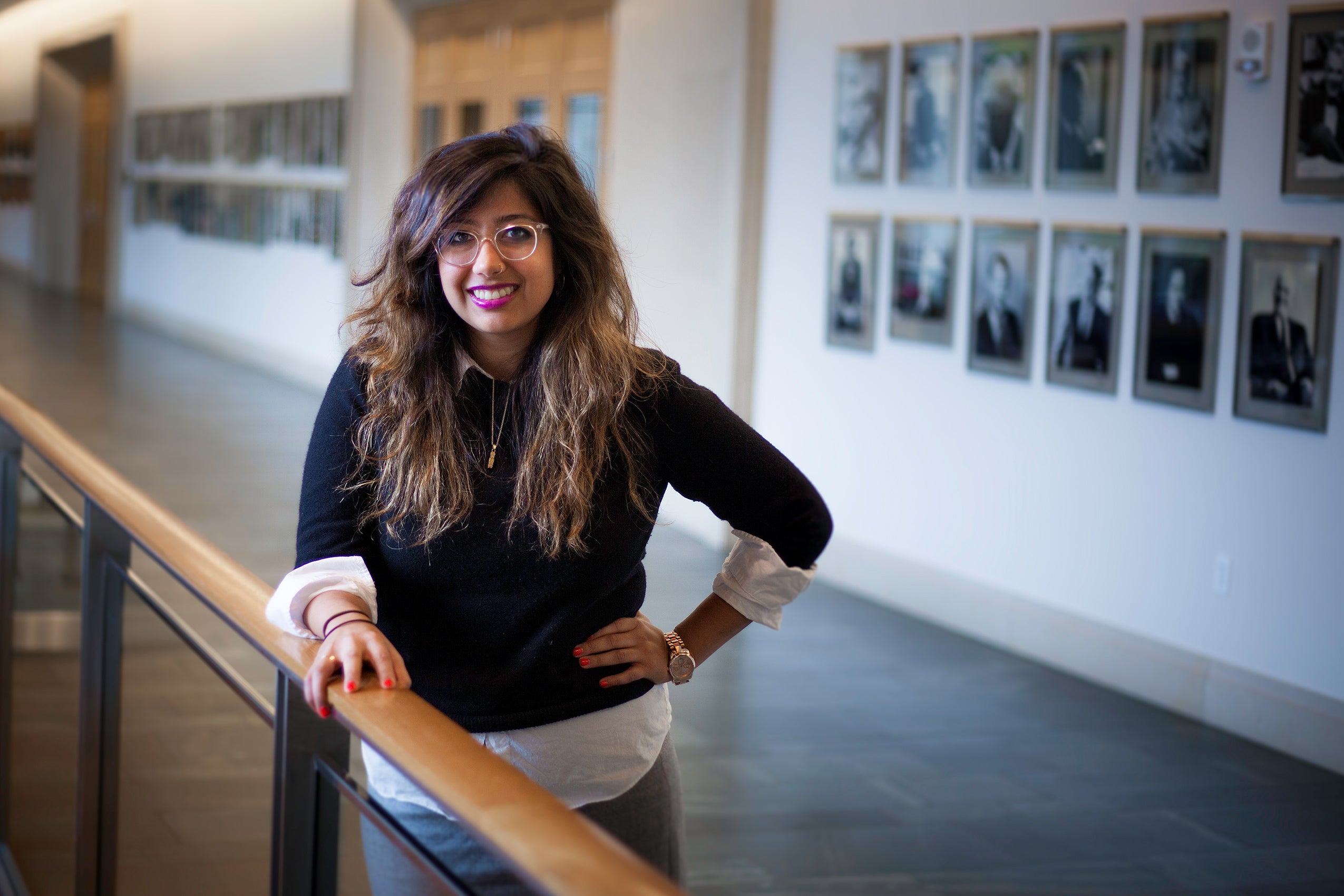
Edith Sangüeza’s interest in immigration issues goes back to her undergraduate degree in ethnicity, race, and migration. But it wasn’t until she was faced with the reality of immigration issues as a teacher in California and Mexico that she considered immigration law as a career path. Working with a large Latino population, Sangüeza heard first-hand from her students and their families of the vulnerability and day-to-day difficulties they faced. “I realized I couldn’t do anything. I could listen and be aware, but there wasn’t anything I could do about it, and I saw law school as a way to actually learn more about immigration policy and learn about the laws we have and about how to be an advocate.”
As a 1L, Sangüeza joined the Harvard Immigration Project’s Removal Defense Project, and took Professor Gerald Neuman’s Immigration Law class. For the summer, she knew she wanted to return to Mexico, work on direct client representation, and learn more about policy from the Mexican perspective.
With the Instituto para las Mujeres en la Migración (IMUMI), an organization dedicated to advocating for migrant women and children, Sangüeza worked with Emily Norman ‘15, an IMUMI immigration lawyer and 2013 Chayes Fellow. Sangüeza interviewed and drafted declarations for clients seeking humanitarian visas in categories designated for victims of criminal activity and violence against women, and wrote a paper on the challenges faced by transnational families, who are often unable to access social services if they do not have specific, and difficult to obtain, identification documents.
“It was fascinating to see what immigration looks like from outside the U.S., seeing what the challenges are, the different processes, and getting a chance to compare it to the Mexican immigration system,” says Sangüeza, “it was important to see that there is life in Mexico after deportation–that one can build a productive and happy life. But it shouldn’t be as difficult as it is–they shouldn’t have so many legal obstacles on top of all the practical obstacles that they face.”
Sangüeza’s experience has reaffirmed her desire to work in the immigration field. She is again working with the Removal Defense Team, as well as with the Harvard Legal Aid Bureau’s family practice, and is hoping to spend her next summer working on issues at the intersection of criminal law and immigration.
